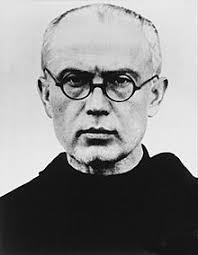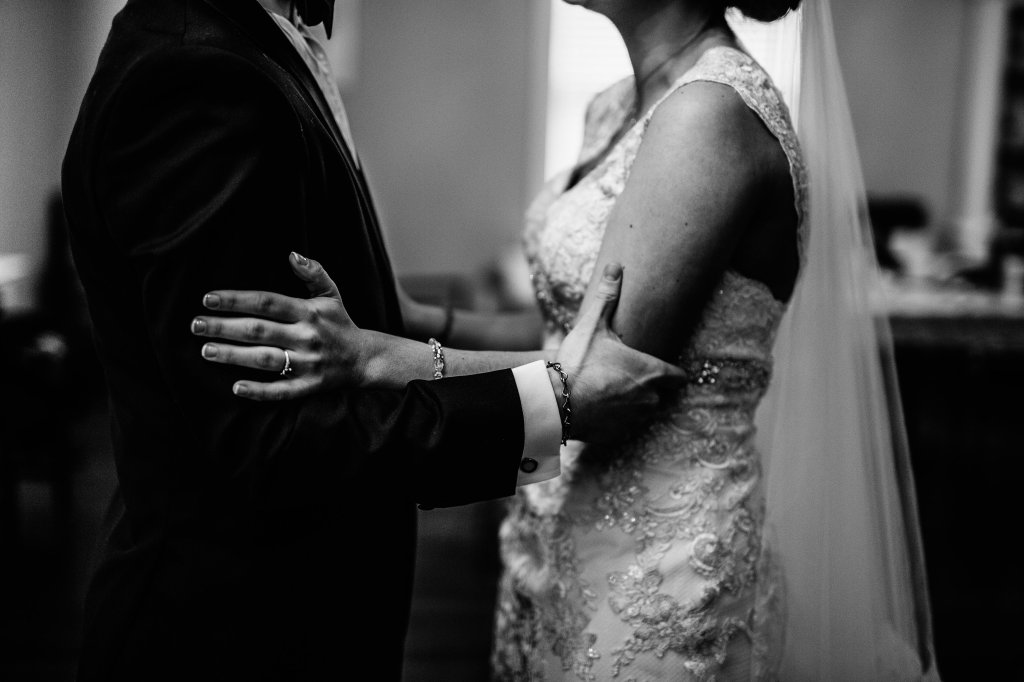Tag: Featured
-
St. Maximilian Kolbe

Song Amidst Sorrow Ten men stand gathered in prayer. Maximilian Kolbe leads the group and begins to sing. The men join him in song, and their praises echo from within Cell 18 of Block 11. The men are shut in an underground bunker in Auschwitz, sentenced to die because of a prisoner escape. And yet,…
-
Motherhood: Challenges and Blessings

Your snuggly, cute little baby doesn’t realize or care that you haven’t slept, or eaten, or showered. They also don’t care if you’re sick or have had an awful day. They will still need to eat, to sleep, to have diapers changed, to be held and loved regardless of whether you have eaten, slept, showered…
-
Beauty in the Broken

My body was literally attacking itself. It wasn’t functioning as it should, again, and it was affecting my ability to care for my daughter. I was angry, I was hurt, I was broken.
-
Gratitude: The Gift Amidst the Cross

“You have granted me life and living kindness; and Your care has preserved my spirit.” Job 10:12 A few months before our wedding, Nicholas and I sat down and wrote a mission statement for our marriage. We sat down at Ritter’s Ice Cream and created a vision for our family and marriage. It remains a…
-
Put Out Into the Deep

I am tempted to look at the Lord as Peter did and say, “Master, we have worked hard all night and caught nothing, but at your command I will lower the nets” (Luke 5:5). I am tempted to look at Christ and seeing the strong wind surrounding me exclaim, “Lord, save me!” And yet, our…